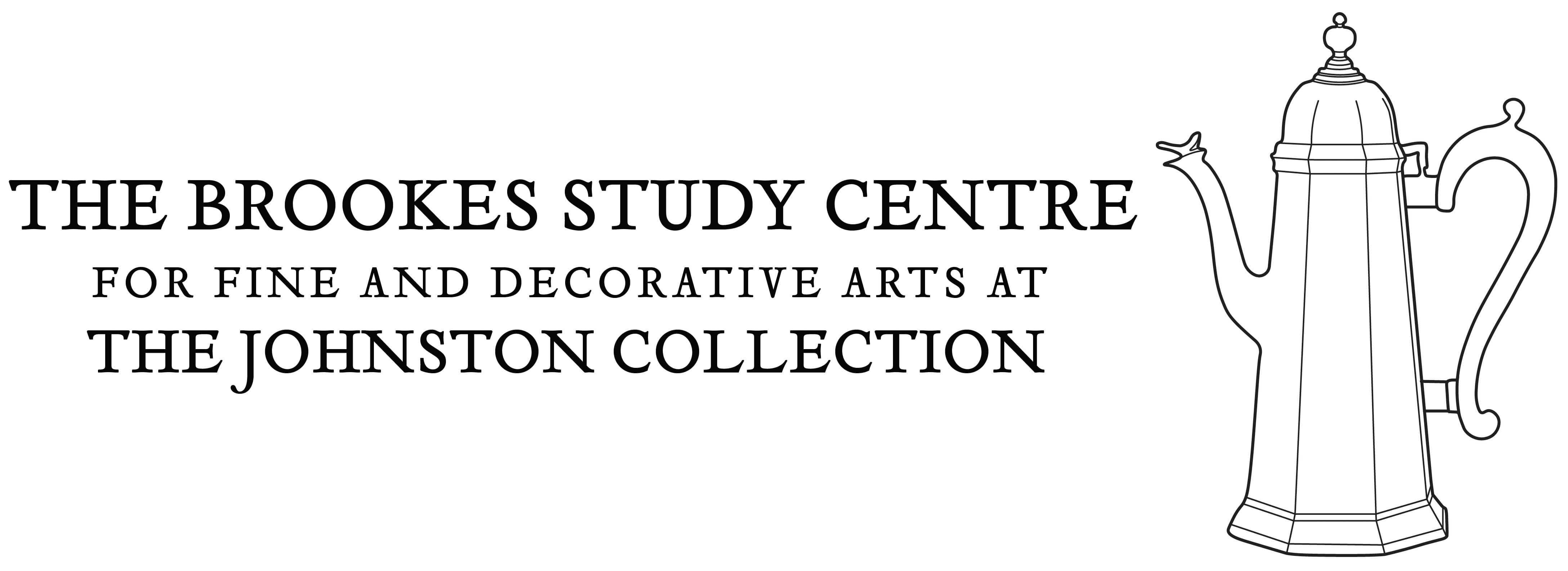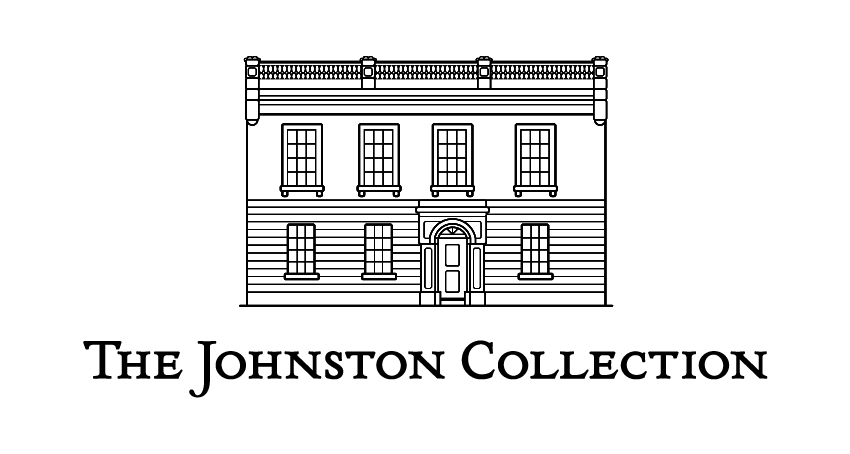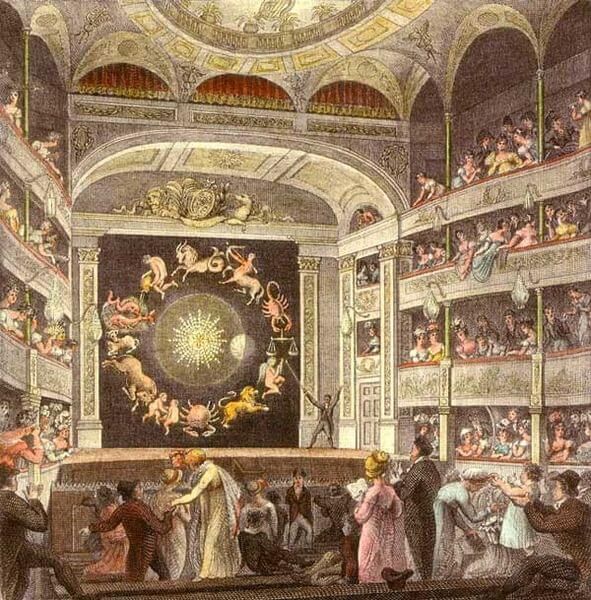'Ecstatic about seaweed': eighteenth-century women tourists' scientific collecting with Dr Emma Gleadhill
Saturday 15 Mar 2025, 2:00 PM – 3:30 PM
‘The Miss Beauforts were ecstatic about the seaweed’, is a comment in a continuation of Jane Austen’s unfinished novel, Sanditon. These ladies are two gold-digging sisters vacationing at the up-and-coming seaside resort of that name. The passage continues: ‘Seaweed, the Miss Beaufort’s insisted, was a very definite attraction at a resort; one could spend happy hours collecting prize pieces; one could trace them or press them and arrange them most artistically’. For the Beauforts, seaweed collecting was not just a scientific activity, but also a social one that could be enlisted in their search for an eligible bachelor. The sisters were after a man who ‘would not mind sopping his shoes occasionally in sea water to bring us back a few trophies’. Although not every member of their party liked the ‘prospect of travelling home in carriages full of seaweed’.
Dr Emma Gleadhill is a social and cultural historian, and watercolour artist, based in Melbourne, Australia. She is specifically interested in women’s history, travel, and accessing new dimensions of the female experience through souvenir culture. Emma's first academic monograph, Taking Travel Home: The Souvenir Culture of British Women Tourists, 1770-1830, was published by Manchester University Press in their ‘"Gender in History"’ series in April 2022. Her book uncovers the souvenir culture British women developed around the texts and objects they brought back with them to realise their ambitions in the arenas of connoisseurship, friendship, and science. It argues that the rise of the souvenir is representative of female agency, as women used their souvenirs to form spaces in which they could create and control their own travel narratives.
Your ticket includes tea or Market Lane coffee served before the presentation, and time to browse our exclusive range of books, gifts, and homewares at TJC Emporium.
This event is presented on-site at The Johnston Collection. Please see your ticket for details. NOTE: Tickets for this event do not include access to our house museum, Fairhall. Guided tours of the current exhibition can be booked separately.
This program is generously supported by The Sir Wilfred and C H (Roger) Brookes Charitable Trust.

Image: James Stow after Edward Francis Burney,
The Proscenium of the English Opera House in the Strand, (late Lyceum.) as it appeared on the Evening of the 21st March 1817, with Walker's Exhibition of the Eidouranian, 1817.
SOLD OUT
About US
Explore
Contact
VISIT
See our VISIT page for hours and directions
BY PHONE
+61 3 9416 2515
BY POST
PO Box 79, East Melbourne VIC 8002
ONLINE
General enquiries
Membership enquiries
Shop
Donation enquiries
Subscribe to E-Newsletter




